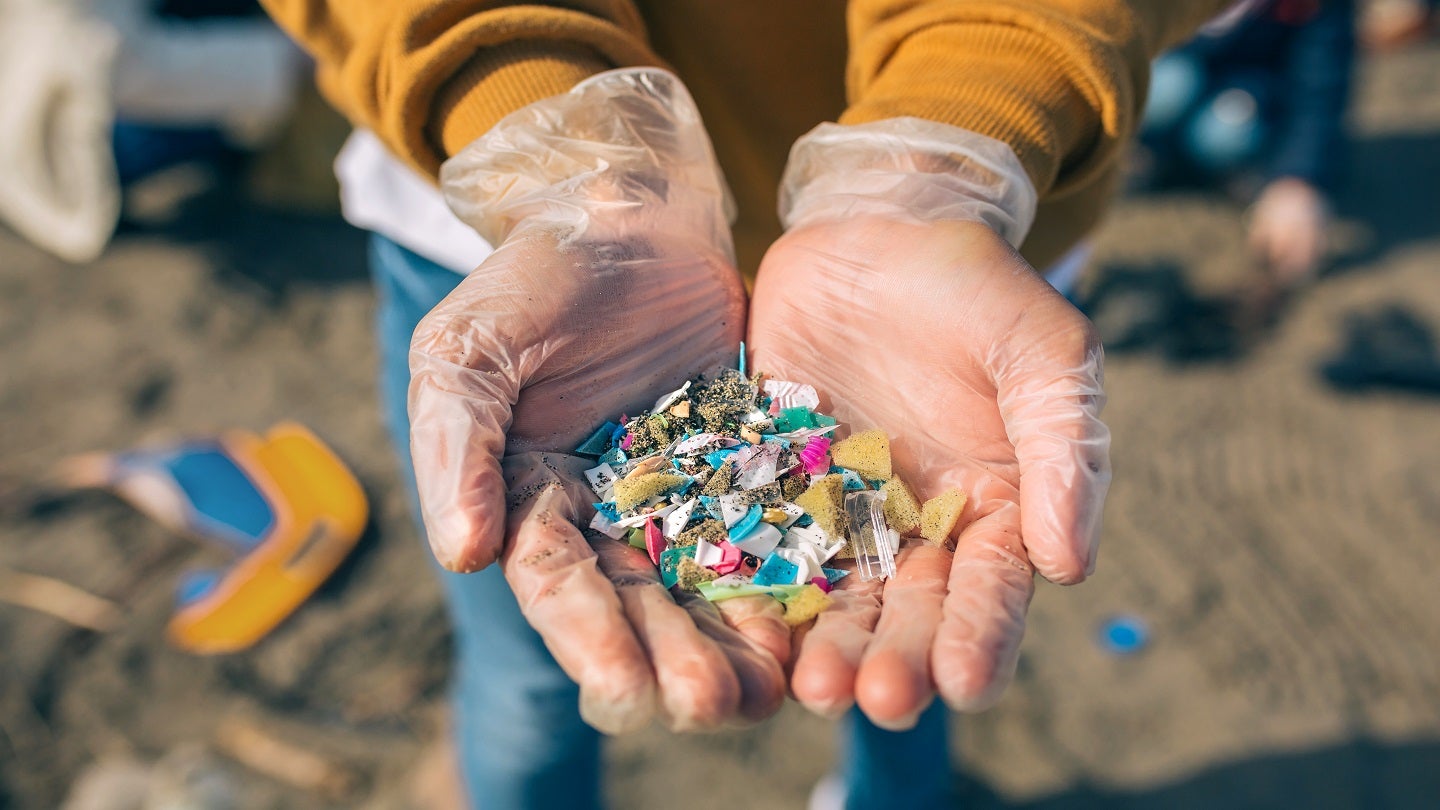
The Government of Canada has announced a C$2.1m ($1.5m) investment over four years to fund research into the health risks posed by microplastics.
This initiative, part of the Environmental Health Research Contribution programme, aims to deepen the understanding of how microplastics affect human health.
The research will be conducted by McGill University, Memorial University of Newfoundland, and the University of Toronto.
The universities will investigate potential microplastic exposure from various sources, including food, packaging, drinking water, and dust.
This collaborative effort underscores Canada’s commitment to addressing the potential health risks associated with microplastics.
The research aligns with the country’s Plastics Science Agenda and aims to address knowledge gaps highlighted in the 2020 Science Assessment of Plastic Pollution.

US Tariffs are shifting - will you react or anticipate?
Don’t let policy changes catch you off guard. Stay proactive with real-time data and expert analysis.
By GlobalDataCanada Minister of Health Mark Holland said: “There is a lot we don’t know about the effect of microplastics on human health.
“That is why programmes like this one were created – to support Canadian scientists in improving the understanding of the human health impacts of microplastics.
“These projects will not only expand our knowledge but hopefully inspire more research and inform future actions to protect the health of Canadians.”
Microplastics come from various sources such as microfibres released from washing clothes, microbeads from wastewater, and others.
It enters the human body through the ingestion of bottled water and tap water, food, and through the breathing of indoor and outdoor air.
Recently, non-profit organisation the Circular Innovation Council announced a new reuse programme to combat single-use plastic waste in Canada.



